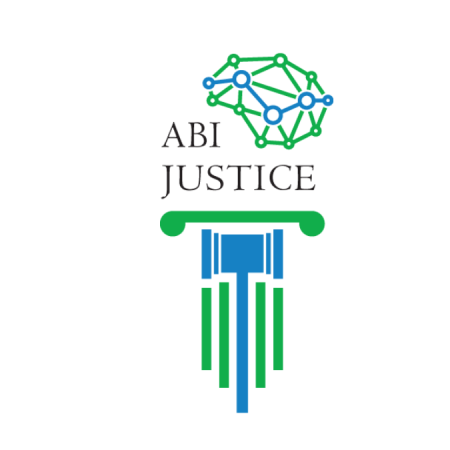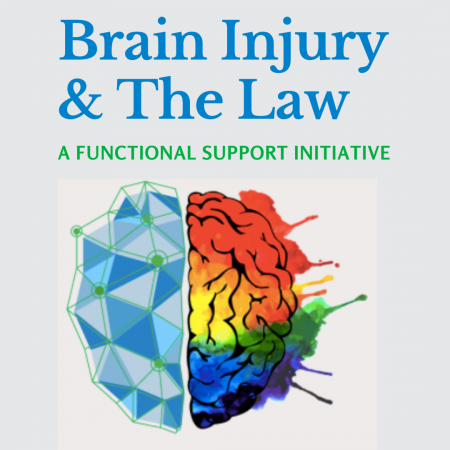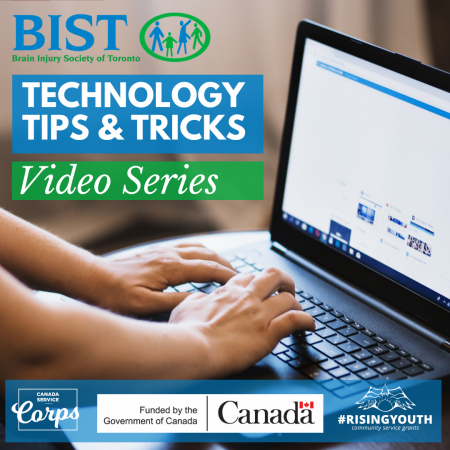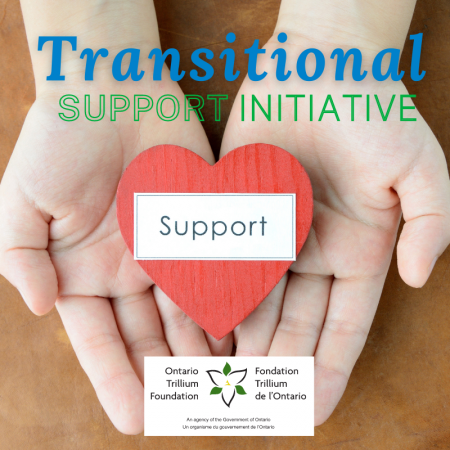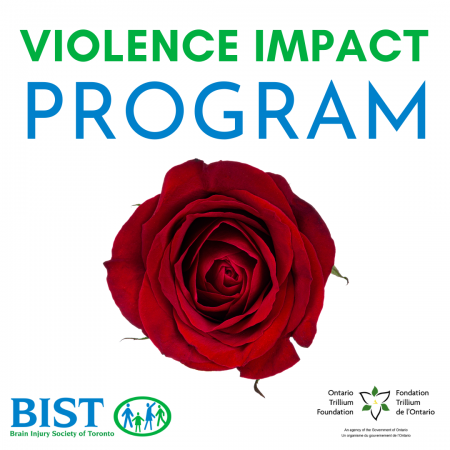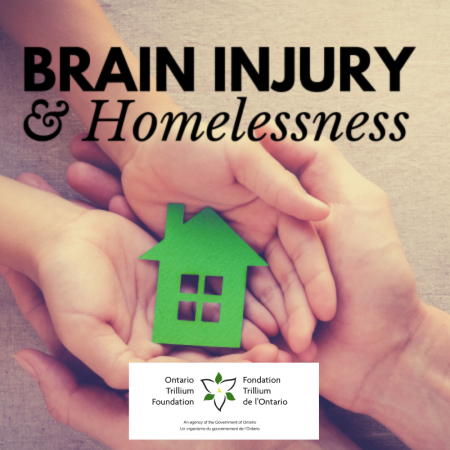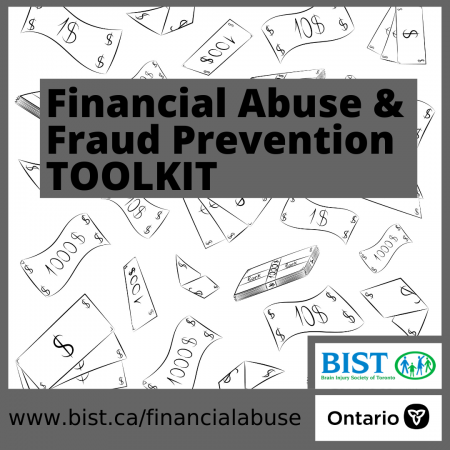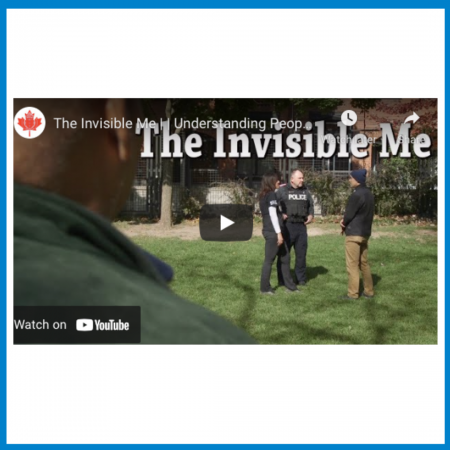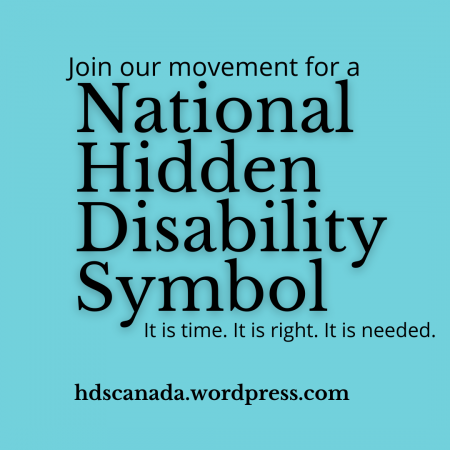With funding from the Law Foundation of Ontario, BIST created www.abijustice.org, the first and currently the only resource in Ontario that aims to decrease common barriers persons with brain injury encounter when faced with legal matters.
Projects
In partnership with the Brain Injury Association of North Bay and Area, BIST has created an Ontario-wide program to provide functional support vulnerable persons who have Acquired Brain Injury (ABI) increase access to justice.
Knowing how to use technology such as Zoom is more important than ever. In this instructional video series, we demonstrate how to: use bist.ca to access and register for programs – on your computer and your mobile device, use Google Drive to save information, use FaceTime to make video calls and use Zoom.
From 2018 – 2021, BIST received funding from the Ontario Trillium Foundation for a Transitional Support Initiative that assisted 87 persons with brain injury with financial stability.
In 2019, BIST received funding from the Ontario Trillium Foundation to fund a Violence Impact Coordinator to help survivors of violence who live with cognitive challenges, such as brain injury, secure stable housing, income stability and other crucial supports. The program’s goal was to serve 30 clients. At the end of the program, 43 people were served.
In the fall of 2018, BIST received an Ontario Trillium Foundation Seed Grant for a Homeless Prevention Coordinator. Read our findings from this program, including an infographic which summarizes the report.
Living with Acquired Brain Injury (ABI) and / or dementia comes with multiple challenges which put people at increased risk for financial abuse and fraud. In 2020, BIST produced a toolkit to educate and help prevent fraud and financial abuse for people living with cognitive challenges.
The Invisible Me was produced by the Toronto Police Service with the direction of the Toronto Police Service Disabilities Community Consultative Committee as a training tool for police officers. Former BIST Executive Director Melissa Vigar joined the committee when it formed in 2016, and served as its Civilian Chair.
Advocacy
Because hidden disabilities are not readily apparent to others, there is a need for awareness, self-advocacy and representation of the Hidden Disability Community (HDC). BIST is a founder of a campaign for Canada to adopt a Hidden Disability Symbol. Find out more, including how you can support the cause, below.
In the winter of 2021, BIST was proud to be part of an advocacy campaign with other provincial brain injury associations asking for a benefit that would allow those on OW and ODSP to afford basic internet – something we believe is a necessity especially during Pandemic times.





